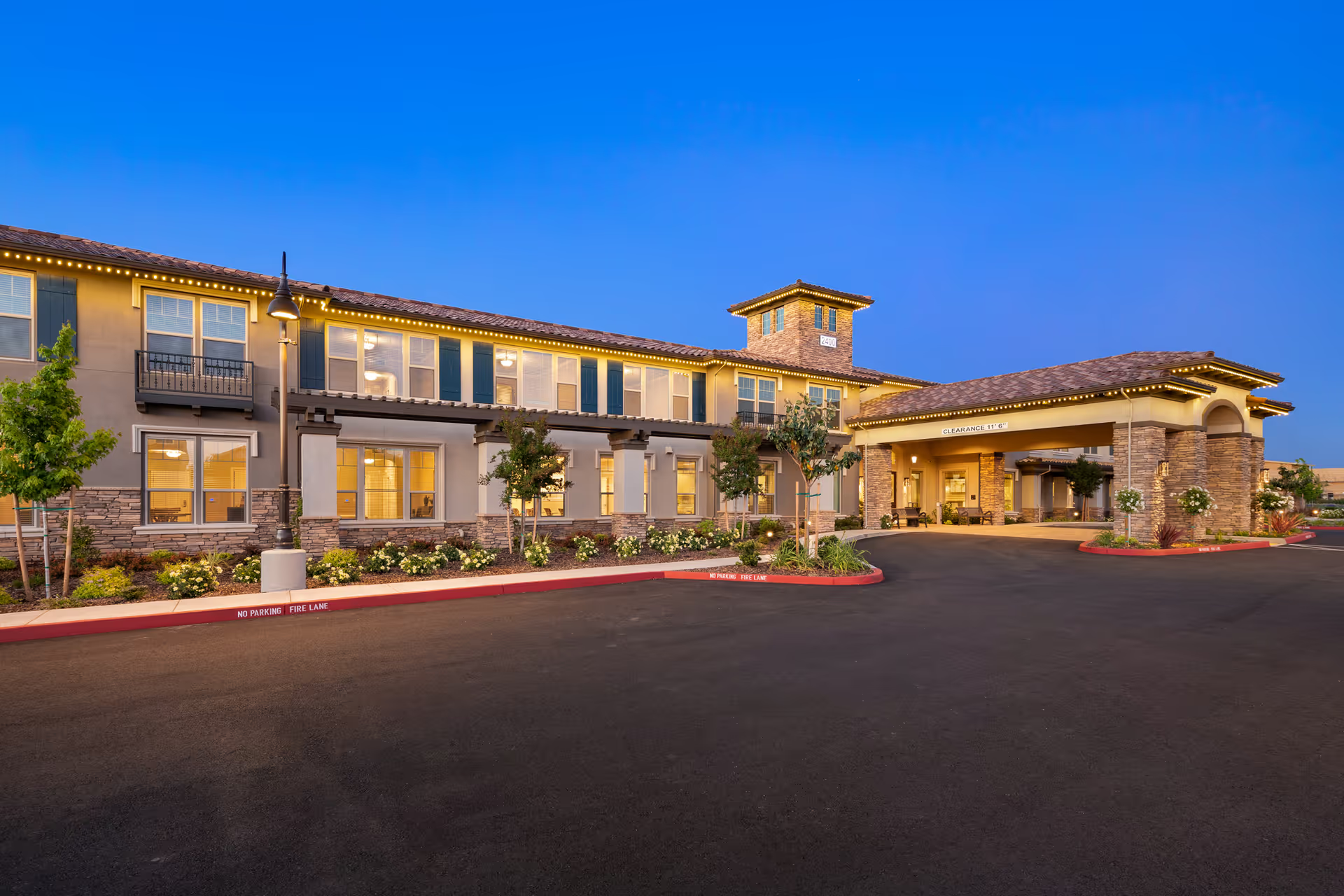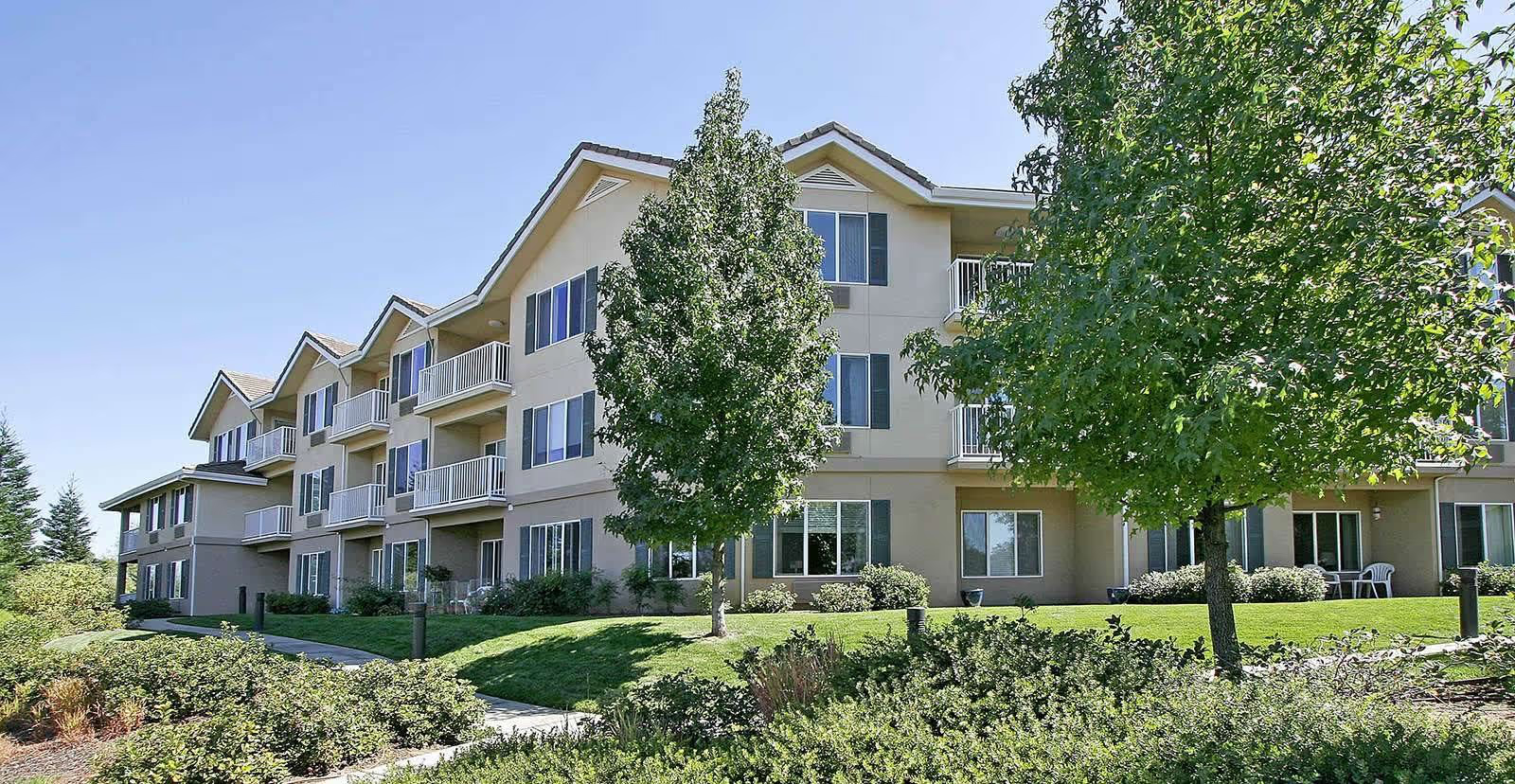Overall sentiment in the reviews for Farmington Square Medford is strongly mixed, with a clear pattern of high praise for dedicated, compassionate staff and the general environment counterbalanced by repeated and sometimes serious complaints about hygiene, staffing shortages, and inconsistent management. Many families report that their loved ones receive loving, respectful care from caregivers who go above and beyond: reviewers name individual staff and leaders (for example, Missy Kirkland, Jesse, Christine) and describe proactive communication, thorough onboarding, and helpful coordination of financial and medical matters. Multiple accounts describe smooth move-ins and transfers, prompt arrangements for special needs (private rooms for milestone events), and an atmosphere that in many parts of the community feels clean, airy, and comfortable with mobility-friendly layouts, bright rooms, and pleasant outdoor spaces.
However, a substantial subset of reviews recounts serious lapses in basic hygiene and day-to-day care. Specific, repeated problems include dirty resident rooms and bathrooms (urine and fecal contamination cited), soiled linens and briefs left on floors, crusted food on bed trays, and dirty dishes in rooms. These are not isolated petty complaints: several families describe neglectful situations where residents were left cold, undressed, or without timely assistance, prompting some to move their loved ones out. Reports of missing clothing and bedding and alleged theft further compound concerns about resident property security. Such accounts indicate significant variability in room-level upkeep and suggest inconsistent adherence to standard hygiene protocols.
Staffing and clinical-safety issues are another recurring theme. Many reviewers praise individual caregivers as compassionate and organized, but many others report that staff are rushed, stretched thin, and sometimes not present when needed. Delayed response to call buttons, long periods without caregiver presence, and caregivers arguing when approached are frequently cited. There are also troubling reports regarding medication management—some reviewers say staff are unable or unwilling to administer medications, and others question whether appropriate physician orders and training are in place. One reviewer specifically raised a clinical safety concern about overly tight abductor straps that could restrict circulation. These concerns suggest potential gaps in clinical oversight and nurse staffing during certain shifts.
Management and communication receive polarized feedback. Several families highlight excellent leadership, calming directors, responsive administration, and proactive updates via text or email. Others describe opposite experiences: hostile or dismissive management responses, poor communication, denial of problems, and even threats to escalate (including threatening to call the police) when families raised concerns. This split suggests uneven leadership or inconsistent management practices across units or time periods—some reviewers felt supported and guided through difficult transitions, while others felt ignored or antagonized when reporting problems.
Dining, amenities, and activities likewise show mixed impressions. The dining experience is often praised—many reviewers mention nourishing, tasty meals and pleasant food aromas. Some parts of the community offer a family-style dining feel and adequate nutrition. Conversely, other reviewers describe a dull atmosphere with limited scheduled activities, cramped or institutional-feeling dining (banquet-style long tables), and a desire for more engagement programming. Several reviewers compliment a new activities person who improved participation and resident happiness, indicating that activity quality may depend heavily on specific staff members.
Facility and campus observations are generally favorable for public spaces: grounds and exterior areas are frequently described as well-kept, with walking paths, seating, and a pleasant setting. Many reviewers appreciate cottages, private-room options, and mobility-friendly layouts. Nonetheless, some units are characterized as older or basic in amenities, and a few reviewers mention limited outdoor area access for certain residents. Cleanliness assessments differ sharply between public spaces (often clean) and private rooms (some cited as poorly maintained), reinforcing a pattern of uneven care delivery.
Bottom line: Farmington Square Medford elicits strong endorsements from numerous families who experienced compassionate caregivers, effective leadership, smooth admissions, good food, and a safe, home-like environment. At the same time, a significant number of reviews report serious hygiene failures, inconsistent staffing and clinical oversight, medication-management worries, property losses, and occasional unprofessional or hostile management responses. The result is an inconsistent overall picture—quality appears to vary by unit, shift, or specific staff members. Prospective families should weigh the many positive testimonials about individual staff and community strengths against the documented, recurring concerns about cleanliness, staffing levels, medication practices, and management consistency. When considering this facility, recommend in-person tours that include inspection of resident rooms and bathrooms, direct conversations about nurse coverage and medication administration policies, a clear inventory and labeling process for personal items, and inquiry into recent staffing ratios and leadership turnover to assess whether the positive reports or the more serious negative experiences are more representative for the specific unit or cottage under consideration.







